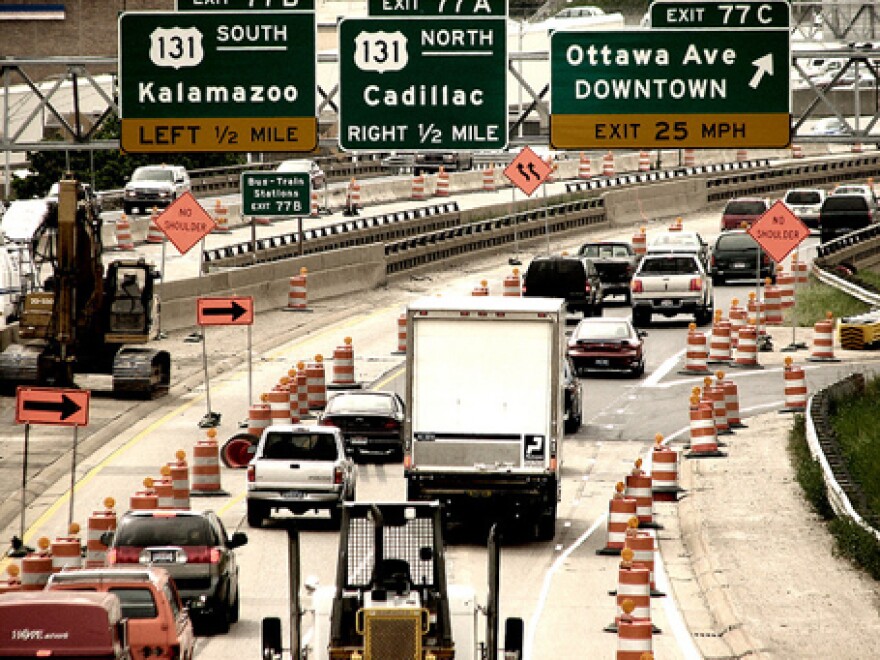Emissions from new vehicles dropped 12% between 2007 and this year, according to a new index by the University of Michigan Transportation Research Institute.
But it’s unclear if that trend will continue in the future.
For decades, there was little increase in the fuel efficiency of the new cars people bought.
That changed starting in 2007. Consumers turned to more fuel-efficient cars and they drove fewer miles, lowering overall emissions.
But it probably wasn’t environmental concerns that caused the shift.
Gas prices spiked in the summer of 2008, resulting in a sudden rush of customers to dealerships for smaller, gas-sipping vehicles.
Then, the country experienced the Great Recession.
Study co-author Brandon Schoettle says research indicates that people buy more fuel- efficient cars primarily for two reasons: when unemployment is high, or when gas prices are high.
"If you see a large drop in unemployment or a large drop in the price of gasoline, our research says that has a likelihood to lead people back to lower fuel economy vehicles," says Schoettle.
The federal government will soon issue new, sharply higher fuel efficiency requirements for cars.
Automakers worry there won’t be sufficient consumer demand for fuel-efficient cars if the economy is strong or gas prices are low.
The study can be found at www.ecodrivingindex.org.



